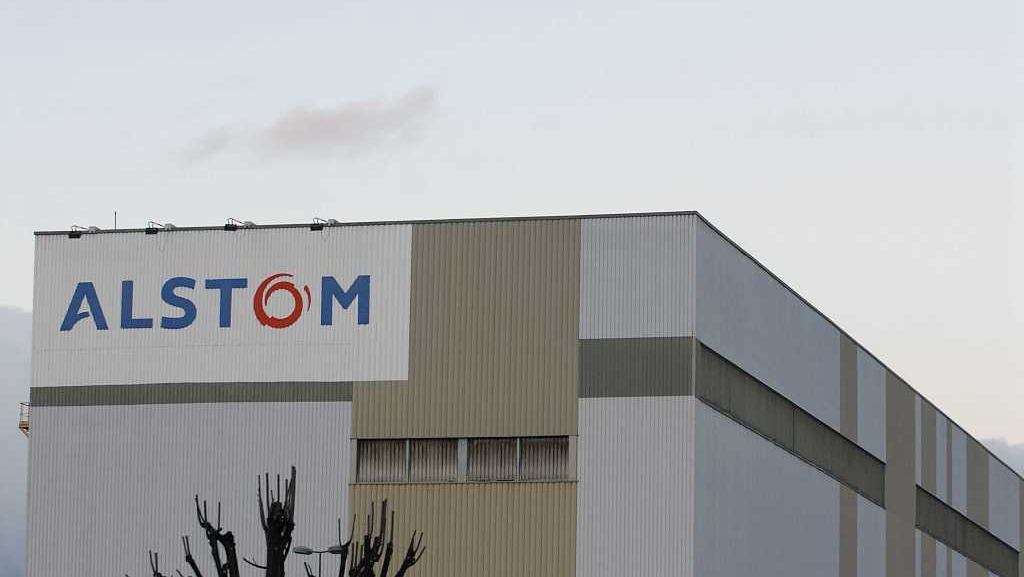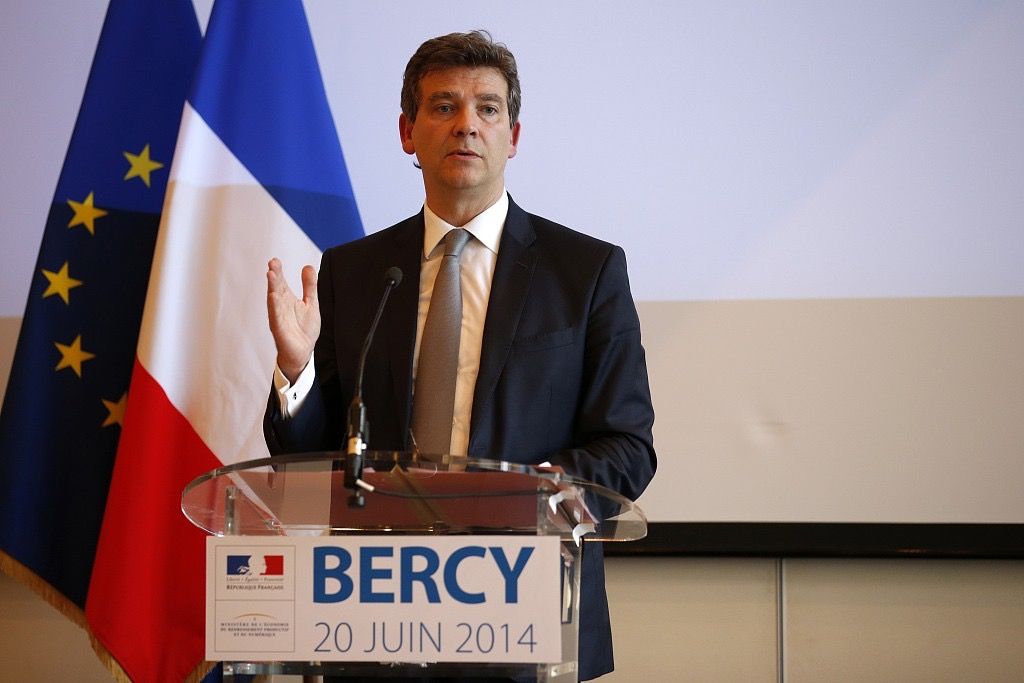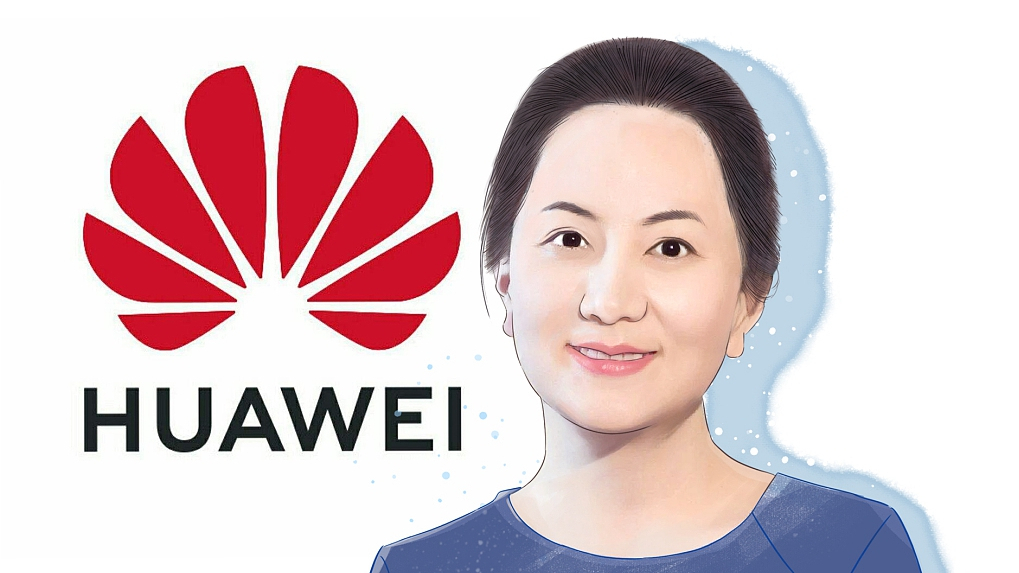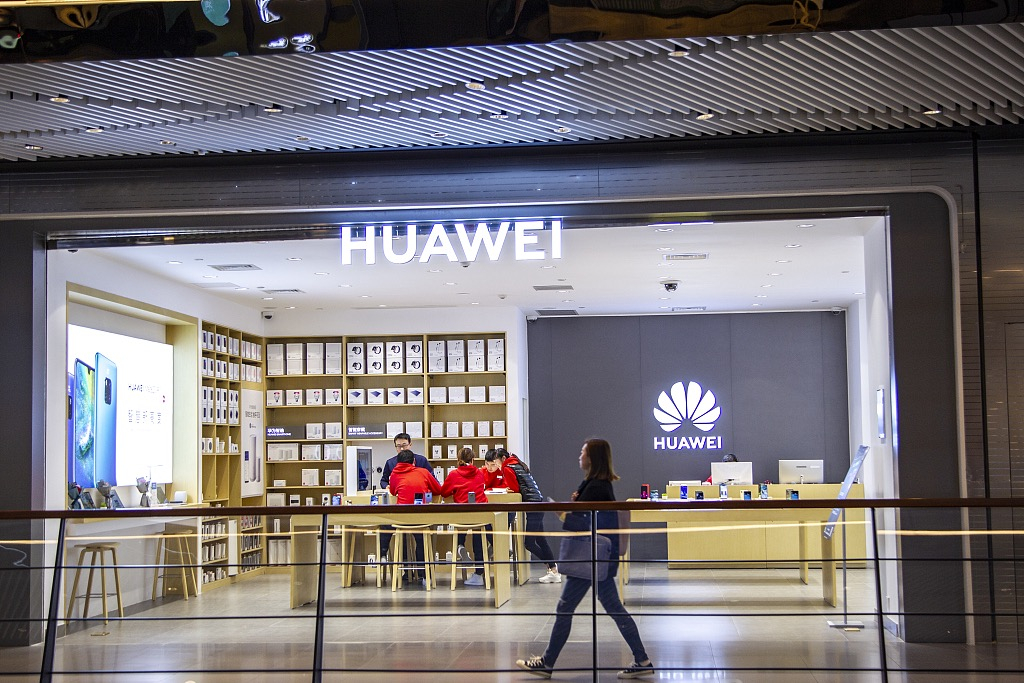
Analysis
14:54, 26-May-2019
What does the fate of Alstom tell us about the Huawei case?
Updated
16:38, 26-May-2019
CGTN

On April 14, 2013, Frederic Pierucci, an executive of Alstom, a French power and transportation conglomerate, was arrested by the FBI when his plane arrived at New York's John F. Kennedy International Airport. He was charged with bribing Indonesian officials to win a power plant contract.
Coincidentally or not, the arrest of Pierucci, then president of the French power titan's boiler subsidiary, ran parallel to the largest business acquisition by the American General Electric (GE) of its French rival Alstom's energy business.
Alstom, whose turbines power France's nuclear stations and submarines, had been central to France's strategic assets. Its strong portfolio of coal-based turbines, if merged with GE's advantage in gas turbines, would greatly expand the capacity of the American conglomerate in the energy business.
But given that Alstom is of crucial importance to the French economy and national security, it was unlikely for the French government to give the acquisition a pass, especially since GE is an American company. German industrial giant, Siemens, which was also interested in acquiring Alstom, was regarded as a more preferable option because of its European origin.

France's then Economy Minister Arnaud Montebourg attends a news conference at the Bercy Ministry in Paris, France, June 20, 2014. /VCG Photo
France's then Economy Minister Arnaud Montebourg attends a news conference at the Bercy Ministry in Paris, France, June 20, 2014. /VCG Photo
Pierucci's wrangle with DOJ
Behind the U.S. Department of Justice's (DOJ) arrest of Pierucci, a French national, on U.S. soil is the Foreign Corrupt Practices Act (FCPA) of 1977, a law that aims to crack down on companies bribing foreign officials to obtain state-funded contracts. The law allowed the DOJ to pursue anti-corruption investigations into non-U.S. companies worldwide, even if the company only had subsidiary connections in the United States.
According to the DOJ indictment, Pierucci was accused of paying bribes to a member of the Indonesian parliament and a high-ranking member of a state-owned electricity company of Indonesia to secure a contract of 118 million U.S. dollars.
At the same time, the company he worked for, Alstom, was indicted by the DOJ for paying a total of at least 75 million U.S. dollars in bribes to officials in Egypt, Saudi Arabia and Indonesia to win contracts. Thirty senior executives at the company were warned not to go to the U.S. for fear of arrest.
But the indictment was not a simple anti-corruption probe, as Pierucci argued in his book "The American Trap," where he laid out the accusation that behind the DOJ's pursuit of his case was General Electric's pursuit of Alstom.
Though not cooperative at the beginning, Alstom decided to cooperate with the DOJ probe three years after it began, when charges were brought against several executives by the DOJ. Not too long after that, in mid-2014, then CEO of Alstom, Patrick Kron, announced plans to sell the company's power business to GE. It was believed that the sale was a result of legal pressure on the probe into Alstom's executives, as Pierucci argued in his book.
Moreover, Pierucci argued that the DOJ had become the law enforcement arm of the U.S.' economic ambition, undermining the power of foreign companies through launching extrajudicial probes. In his book, he concluded that 70 percent of firms investigated under the FCPA were foreign, with European firms a clear majority.
Though Patrick Kron and the DOJ repeatedly denied that the probe into Pierucci helped GE's takeover of Alstom, even the then economy minister Emmanuel Macron said that personally he was convinced of the causal link between the investigation and Kron's decision to sell Alstom to GE, though he also acknowledged that there was no clear evidence.
As the Economist wrote, American supremacy in imposing anti-corruption norms globally may have given American firms an advantage. Since Siemens and Mitsubishi were both pushing to acquire Alstom at the time, the legal probe into multiple Alstom executives by the U.S. law enforcement agency might have factored into the executives' decision to agree to the GE takeover.

A sketch of Huawei CFO Meng Wanzhou. /VCG Photo
A sketch of Huawei CFO Meng Wanzhou. /VCG Photo
The case of Huawei
Now turn back to Huawei CFO's Meng Wanzhou's case. She was whisked away as soon as she landed in Vancouver to change planes. Her arrest was widely viewed as an overreach of U.S. law enforcement. Similar to Alstom, Huawei has become a symbol of the economic struggle between the U.S. and foreign countries. In his most recent statement, U.S. President Donald Trump admittedly acknowledged that Huawei could be part of the U.S.-China trade deal.
In late 2018, the then attorney general Jeff Sessions announced the initiative to combat so-called "Chinese economic espionage," claiming that "hacking" and "unfair practices" from China "posed a real and illegal threat" to the U.S.' economic prosperity and competitiveness.
Likewise, the U.S. is using its judicial system to gain economic leverage in the case of Huawei. U.S. authorities are alleging that Huawei violated the country's sanctions by selling American equipment to Iran, via shell companies set up by Meng.
Although there is no multinational acquisition in play this time, the indictment of Huawei's "fraudulent" practices are a convenient coincidence as the two economic giants vie for 5G dominance, a technology in which Huawei is now a global leader.
Read more: China protests U.S. 'long-arm jurisdiction'

A Huawei store in Shanghai, China, March 8, 2019. /VCG Photo
A Huawei store in Shanghai, China, March 8, 2019. /VCG Photo
The long arm of U.S. sheriffs dates backs to over a decade ago, when the world's biggest power was pressured by the rapid ascent of other economies. Now it's the thought of possibly losing its technological advantage that has gripped the United States. Therefore, it has resorted to legal machinations in order to gain a competitive economic edge. Bribery, fraud, and breaking sanctions are the commonly used pretexts.
Invoking rule of law and enforcing legal norm don't seem convincing when the U.S. has much to gain in handicapping Huawei by possibly imprisoning its CFO and imposing sanctions on the telecom company. It seems history – whether corporate or geopolitical – is destined to repeat itself.

SITEMAP
Copyright © 2018 CGTN. Beijing ICP prepared NO.16065310-3
Copyright © 2018 CGTN. Beijing ICP prepared NO.16065310-3